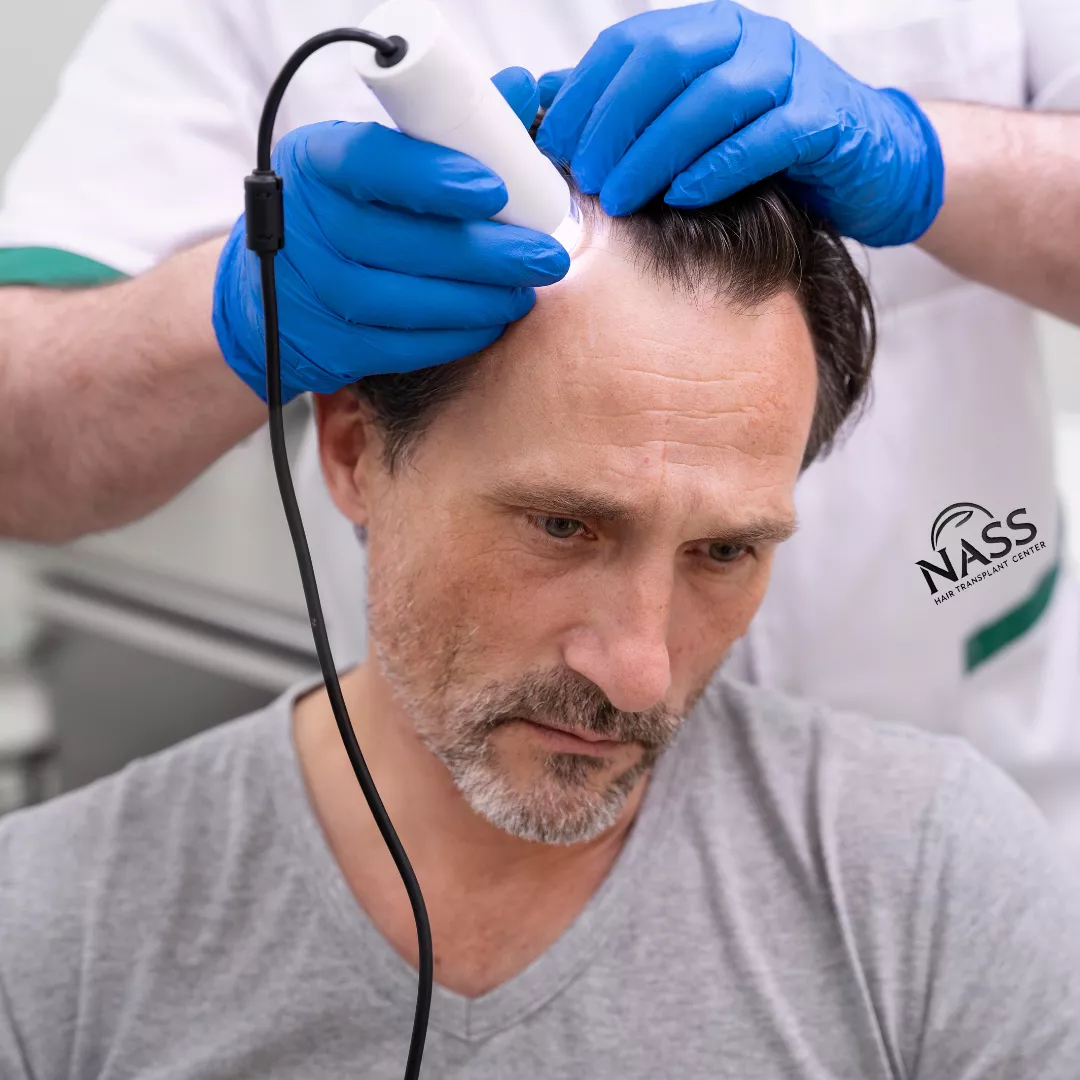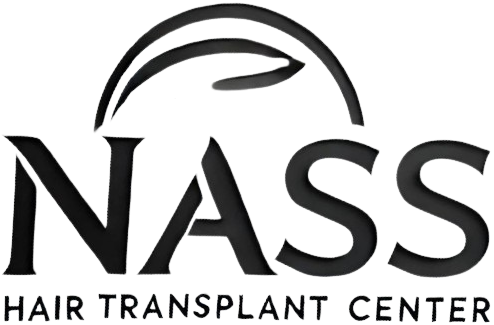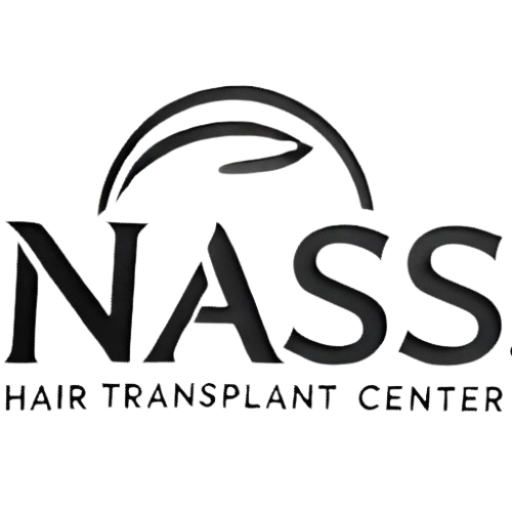Prepping for a hair transplant , If you’re planning to undergo a hair transplant, proper preparation can make a significant difference in both your comfort during the procedure and the success of your results. Whether you’re opting for DHI Hair Transplants or another method like FUE, following the right pre-op steps is crucial to ensuring a smooth process and a faster recovery.
In this guide, we’ll walk you through everything you need to know before your hair transplant surgery so you can walk into your appointment with confidence.
If you’re planning to undergo a hair transplant, proper preparation can make a significant difference in both your comfort during the procedure and the success of your results. Whether you’re opting for DHI Hair Transplants or another method like FUE, following the right pre-op steps is crucial to ensuring a smooth process and a faster recovery.
In this guide, we’ll walk you through everything you need to know before your hair transplant surgery so you can walk into your appointment with confidence.

Key Takeaways
- Proper preparation before a hair transplant can improve the chances of a successful outcome and faster recovery.
- Avoid smoking, alcohol, and certain medications prior to the procedure to minimize complications.
- Preparing mentally and physically for the surgery day can help ease anxiety and ensure a smoother process.
Why Prepping for a Hair Transplant Matters
Prepping for your hair transplant goes beyond just booking the appointment. The days leading up to the procedure can significantly impact both the surgery itself and the post-op recovery. By following your surgeon’s pre-op instructions, you can reduce the risk of complications and increase the likelihood of achieving the best results.
Whether you’re getting an FUE (Follicular Unit Extraction) or a DHI Hair Transplant, taking the time to prepare your scalp, body, and mind can improve your overall experience.
Step-by-Step Preparation for Your Hair Transplant
1. Consultation: The First Step
Your preparation begins with a thorough consultation with a hair transplant specialist. This is where your surgeon will assess the condition of your scalp, the extent of hair loss, and the quality of your donor hair.
During this consultation, be sure to ask about:
- The best hair transplant technique for your specific condition (e.g., DHI, FUE).
- Pre-op instructions tailored to your situation.
- Potential risks and side effects.
Remember, this is your chance to gather all the information you need and ask any questions you may have.
Related Reading: DHI Hair Transplants Everything You Need to Know – Learn about the advanced DHI technique and how it compares to FUE.
2. Avoid Alcohol and Smoking
To ensure proper blood circulation and reduce the risk of complications, your surgeon will likely advise you to stop consuming alcohol and smoking at least two weeks before your hair transplant.
- Alcohol can thin the blood, which might lead to excessive bleeding during the procedure.
- Smoking constricts blood vessels and can impair healing, potentially compromising the success of the transplant.
By abstaining from these substances, you’ll give your body the best chance to heal quickly after surgery.
3. Pause Certain Medications
Certain medications can interfere with the surgery and your body’s ability to heal. Your surgeon will provide a list of medications to avoid, but common ones include:
- Blood thinners (e.g., aspirin).
- Anti-inflammatory drugs (e.g., ibuprofen).
- Herbal supplements (e.g., fish oil, vitamin E), which can increase bleeding risks.
Be sure to inform your surgeon of any medications or supplements you’re taking so they can provide specific guidance. Usually, you’ll need to stop these medications about one to two weeks before the procedure.
4. Wash Your Hair Thoroughly
On the morning of your hair transplant, it’s essential to wash your hair thoroughly using a mild shampoo. This ensures your scalp is clean and free of any products or oils that could interfere with the surgery.
However, avoid using any hair products (gels, sprays, conditioners) after washing your hair. Your surgeon needs a clean scalp to work with.
Related Reading: Post-Transplant Hair Care Tips – Learn how to take care of your hair after your transplant.
5. Follow Dietary Instructions
In the days leading up to your surgery, you might be advised to follow a specific diet or fast. Typically, your surgeon will recommend that you:
- Eat a light meal the night before your surgery.
- Stay hydrated by drinking plenty of water, but avoid caffeine on the day of the procedure.
- Avoid heavy or greasy meals right before the surgery to prevent nausea during the procedure.
This will help keep you feeling comfortable during the surgery, especially if local anesthesia is involved.
6. Dress Comfortably on Surgery Day
On the day of your hair transplant, dress in loose, comfortable clothing. It’s a good idea to wear a shirt with buttons or a zip-up hoodie, as this will make it easier to take off without touching your scalp after the surgery.
You’ll likely spend several hours in the clinic, so make sure your clothing allows you to sit comfortably for an extended period.
Mental Preparation: Stay Calm and Confident
It’s normal to feel a bit anxious before your hair transplant, but knowing what to expect can help reduce pre-surgery jitters. Many patients report feeling more relaxed after talking through the procedure with their surgeon, so don’t hesitate to reach out if you have any last-minute concerns.
Tips to Manage Pre-Surgery Anxiety
- Practice relaxation techniques, such as deep breathing or meditation, the night before surgery.
- Get plenty of rest the night before to ensure you feel refreshed on the day of your procedure.
- Bring a distraction: Consider downloading a podcast, audiobook, or music to listen to during the procedure (if allowed).
Related Reading: FUE vs DHI Hair Transplants: Which is Right for You? – Find out the key differences between these two popular hair restoration techniques.
What to Expect on the Day of Your Hair Transplant
Check-In and Final Consultation
Upon arriving at the clinic, you’ll meet with your surgeon for a brief final consultation. They will review the details of the procedure and answer any last-minute questions you may have. This is also the time for you to confirm that you’ve followed all the pre-op instructions.
Local Anesthesia
Once everything is confirmed, your surgeon will apply local anesthesia to the donor and recipient areas of your scalp. This ensures the procedure is painless. You might feel slight pressure or movement, but it shouldn’t cause discomfort.
The Procedure
Depending on whether you’re getting a DHI Hair Transplant or another method like FUE, the surgery can take several hours. During the procedure, you can relax, watch TV, or listen to music while the surgeon carefully transplants each hair follicle.
Post-Surgery: Immediate Aftercare
After the procedure, your surgeon will provide you with detailed post-op instructions to ensure a smooth recovery. Some key things to remember:
- Rest for the first few days and avoid strenuous activity.
- Sleep with your head elevated to reduce swelling.
- Avoid touching or scratching your scalp.
Proper aftercare is essential to achieving the best results, so be sure to follow your surgeon’s advice closely.
Conclusion
Preparing for your hair transplant is a vital step in ensuring the success of the procedure and a smooth recovery. By following your surgeon’s pre-op instructions, making necessary lifestyle adjustments, and preparing both mentally and physically, you’ll increase your chances of achieving the best possible results.
Whether you’re undergoing DHI Hair Transplants or FUE, taking the time to properly prepare will lead to a more comfortable experience and more natural-looking hair growth.
If you’re interested in learning more about DHI Hair Transplants or what to expect post-surgery, check out our related articles for additional tips and insights.

